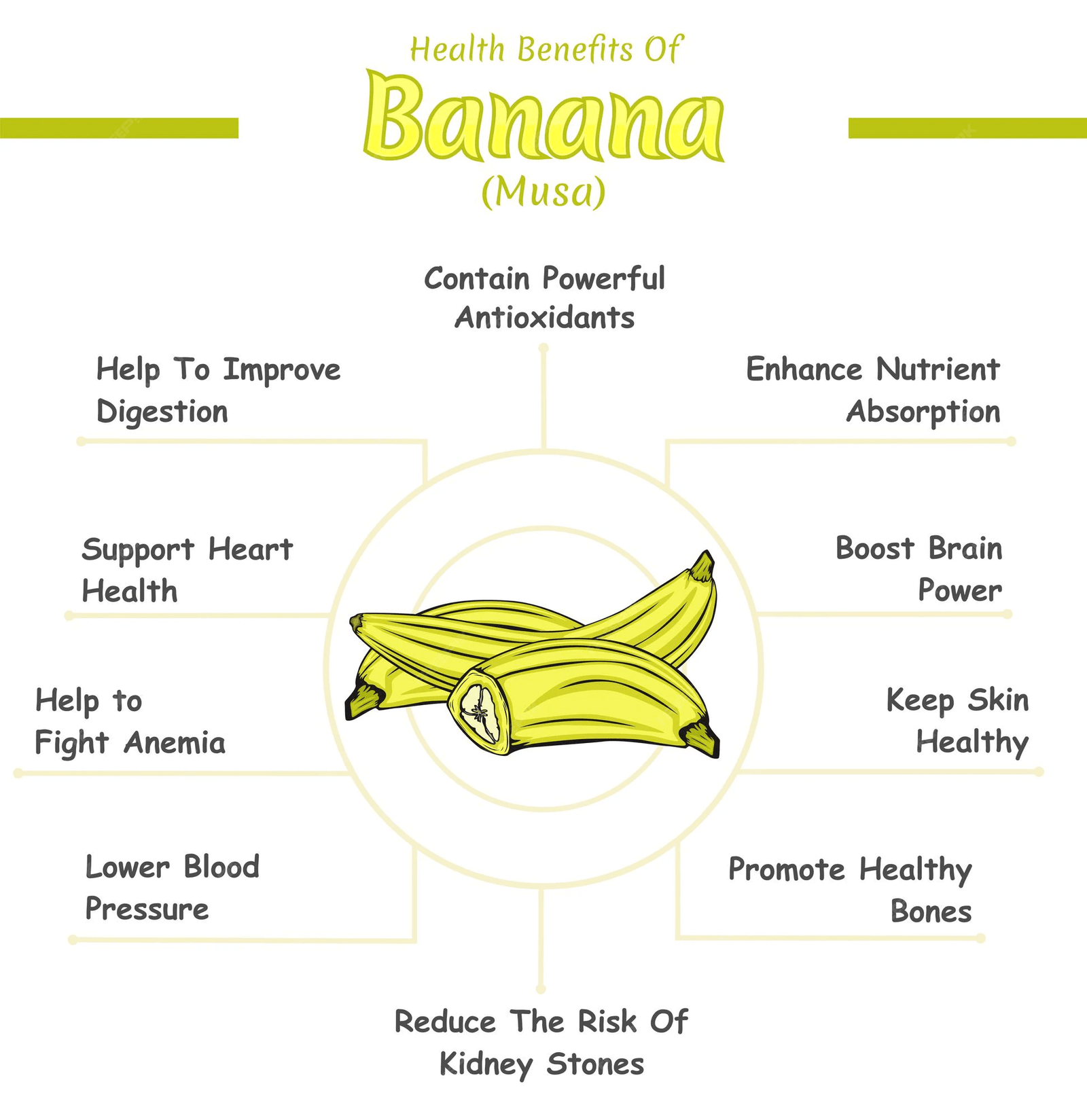The majority of us don’t give much thought to obtaining vitamin D when the weather is warm and the sun is out. However, as winter draws near, bringing with it cloudy days and long nights, you might be wondering about the potential benefits of taking a vitamin D supplement and if it would be helpful.
The greatest approach to get vitamin D in the summer is to spend time outside in the sun. Because UVB photons have a shorter wavelength than other types of photons, they can interact with 7-dehydrocholesterol—a type of cholesterol found in the skin—to convert it into vitamin D.
Because vitamin D production depends on UVB sunlight, it declines throughout the winter. The amount of vitamin D you make is also influenced by where you reside.
Introduction to Vitamin D
Vitamin D is frequently appertained to as the” sun vitamin” because our bodies can produce it when our skin is exposed to sun. Maintaining general health and well-being is greatly dependent on it. While most people are aware of its importance in promoting strong bones and preventing conditions like osteoporosis, the benefits of Vitamin D extend far beyond that. In this article, we will delve into the various ways in which Vitamin D impacts our health and explore its significance beyond just bone health.
The Role of Vitamin D in the Body
Vitamin D is a fat-soluble vitamin that acts as a hormone in the body. It plays a pivotal role in several bodily processes, including calcium absorption, immune function, cell growth, and maintaining healthy levels of phosphorus in the blood. When we are exposed to sunlight, the ultraviolet B (UVB) rays convert a cholesterol compound in our skin into a precursor form of Vitamin D. This precursor is then converted into its active form in the liver and kidneys.
Deficiency of Vitamin D and its Consequences
Despite the body’s ability to produce Vitamin D, deficiency is still prevalent, especially in regions with limited sunlight exposure or during winter months. A deficiency in Vitamin D can have significant consequences on our health. It has been linked to a higher risk of conditions such as osteoporosis, rickets in children, and increased susceptibility to infections. Furthermore, low levels of Vitamin D have been associated with an increased risk of developing chronic diseases like diabetes, cardiovascular diseases, and certain types of cancer.
Measuring Vitamin D: Understanding mcg to iu Conversion
Vitamin D is commonly measured in two different units: micrograms (mcg) and international units (IU). The conversion between the two can sometimes be confusing. To convert from mcg to IU, you need to know the conversion factor for the specific form of Vitamin D you are dealing with. For example, for Vitamin D3, which is the most bioavailable form, the conversion factor is 40. Therefore, to convert 25 mcg of Vitamin D3 to IU, you would multiply it by 40, resulting in 1000 IU. It is essential to understand this conversion to accurately determine the appropriate dosage of Vitamin D and ensure optimal supplementation.
Benefits of Vitamin D beyond Strong Bones
Vitamin D and Immune Health
Research has shown that Vitamin D plays a vital role in supporting a healthy immune system. It helps regulate the immune response, enhances the function of immune cells, and reduces the risk of autoimmune diseases. Vitamin D deficiency has been linked to an increased susceptibility to infections, including respiratory tract infections like the common cold and influenza. Adequate Vitamin D levels, on the other hand, can boost the body’s defense mechanisms and reduce the severity and duration of infections.
Vitamin D and Mental Health
A growing body of research indicates a connection between mental health conditions like anxiety and depression and vitamin D insufficiency. Vitamin D receptors are present in various areas of the brain that regulate mood, and low levels of Vitamin D have been associated with an increased risk of developing these mental health conditions. Supplementing with Vitamin D or increasing sun exposure can potentially improve mood and alleviate symptoms of depression and anxiety.
Vitamin D and Cardiovascular Health
Maintaining optimal Vitamin D levels may also contribute to cardiovascular health. Studies have shown that Vitamin D deficiency is associated with an increased risk of hypertension, heart disease, and stroke. Vitamin D helps regulate blood pressure, reduces inflammation, and improves vascular function. By ensuring adequate Vitamin D levels, we can potentially lower the risk of developing these cardiovascular conditions and promote overall heart health.
Getting Enough Vitamin D: Natural Sources and Supplements
While sunlight exposure is the most natural way to obtain Vitamin D, it may not always be sufficient, especially in regions with limited sunlight or during winter months. Fortunately, there are other sources of Vitamin D that can help meet our daily requirements. Fatty fish like salmon and mackerel, fortified dairy products, and egg yolks are good dietary sources of Vitamin D. Additionally, Vitamin D supplements are widely available and can be an effective way to ensure adequate intake, especially for individuals with limited sun exposure or those at higher risk of deficiency.
Vitamin D3 and its Importance
When it comes to Vitamin D supplementation, Vitamin D3 (
cholecalciferol) is the preferred form. It is more potent and better absorbed by the body compared to Vitamin D2 (
ergocalciferol), which is of plant origin. Vitamin D3 supplements are available in various strengths, ranging from 400 IU to 5000 IU per dose. The right dosage should be determined by speaking with a healthcare provider, taking into account each person’s unique requirements and current levels of Vitamin D.
Recommended Daily Intake of Vitamin D
The amount of Vitamin D that should be consumed daily varies according on age, gender, and general health. The general guideline for most adults is around 600-800 IU per day. However, individuals with specific conditions or at higher risk of deficiency may require higher doses. It is always advisable to consult with a healthcare professional to determine the appropriate dosage based on individual needs and to monitor Vitamin D levels regularly.
Conclusion: Harnessing the Power of Vitamin D for Overall Well-Being
Vitamin D is not just essential for strong bones; it plays a crucial role in various aspects of our health. From supporting immune function and mental health to promoting cardiovascular health, the benefits of Vitamin D are extensive. It is important to ensure adequate Vitamin D intake through a combination of sunlight exposure, dietary sources, and supplementation, especially for individuals with limited sun exposure or those at higher risk of deficiency. By harnessing the power of Vitamin D, we can optimize our overall well-being and lead a healthier, more vibrant life.
Remember, always consult with a healthcare professional before starting any supplementation regimen.
CTA: If you’re interested in learning more about the benefits of Vitamin D and how to optimize your intake, consult with a healthcare professional or a registered dietitian to develop a personalized plan that suits your needs. Take charge of your health and harness the power of Vitamin D today!
more health articles available on
Health 
